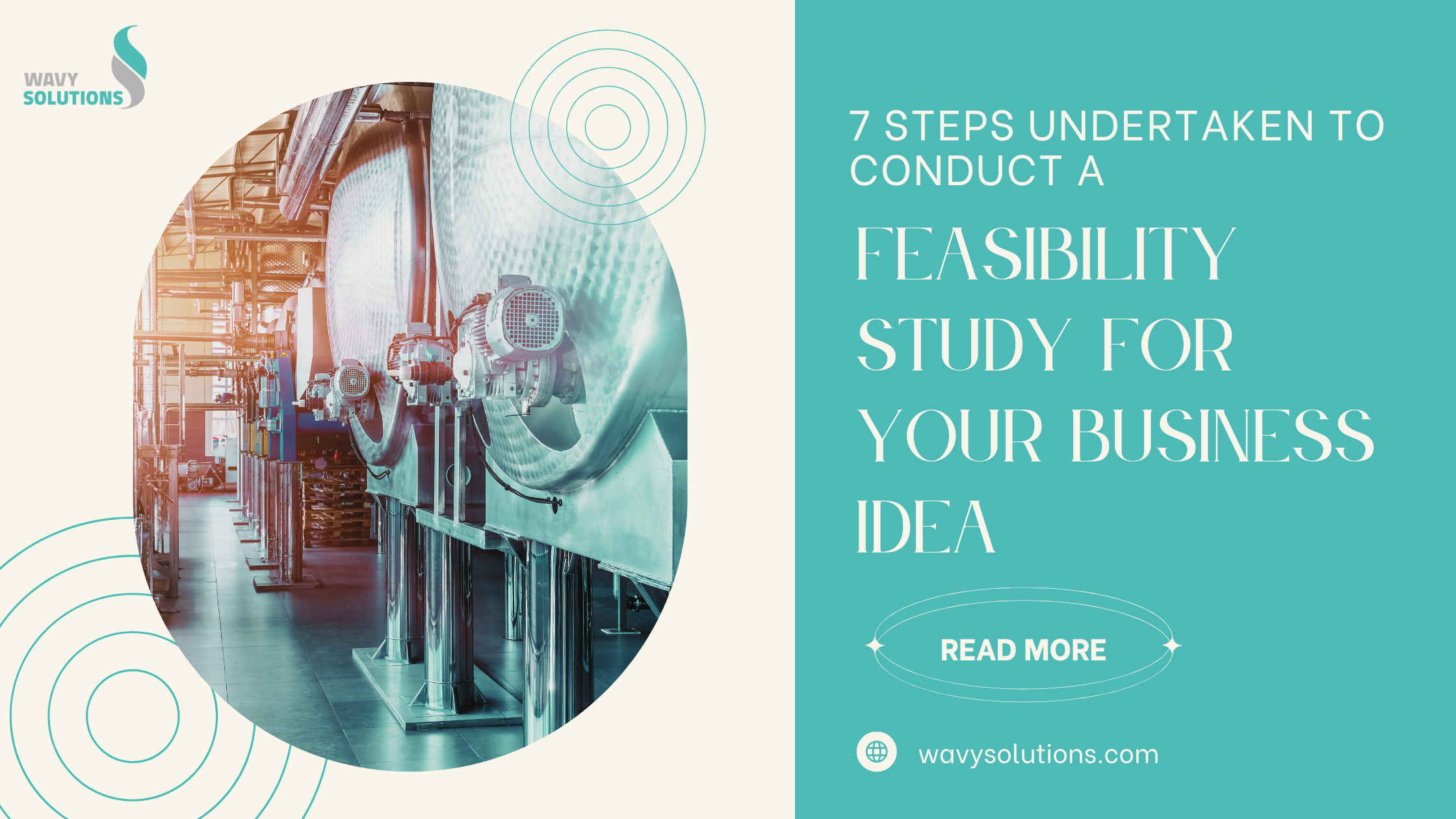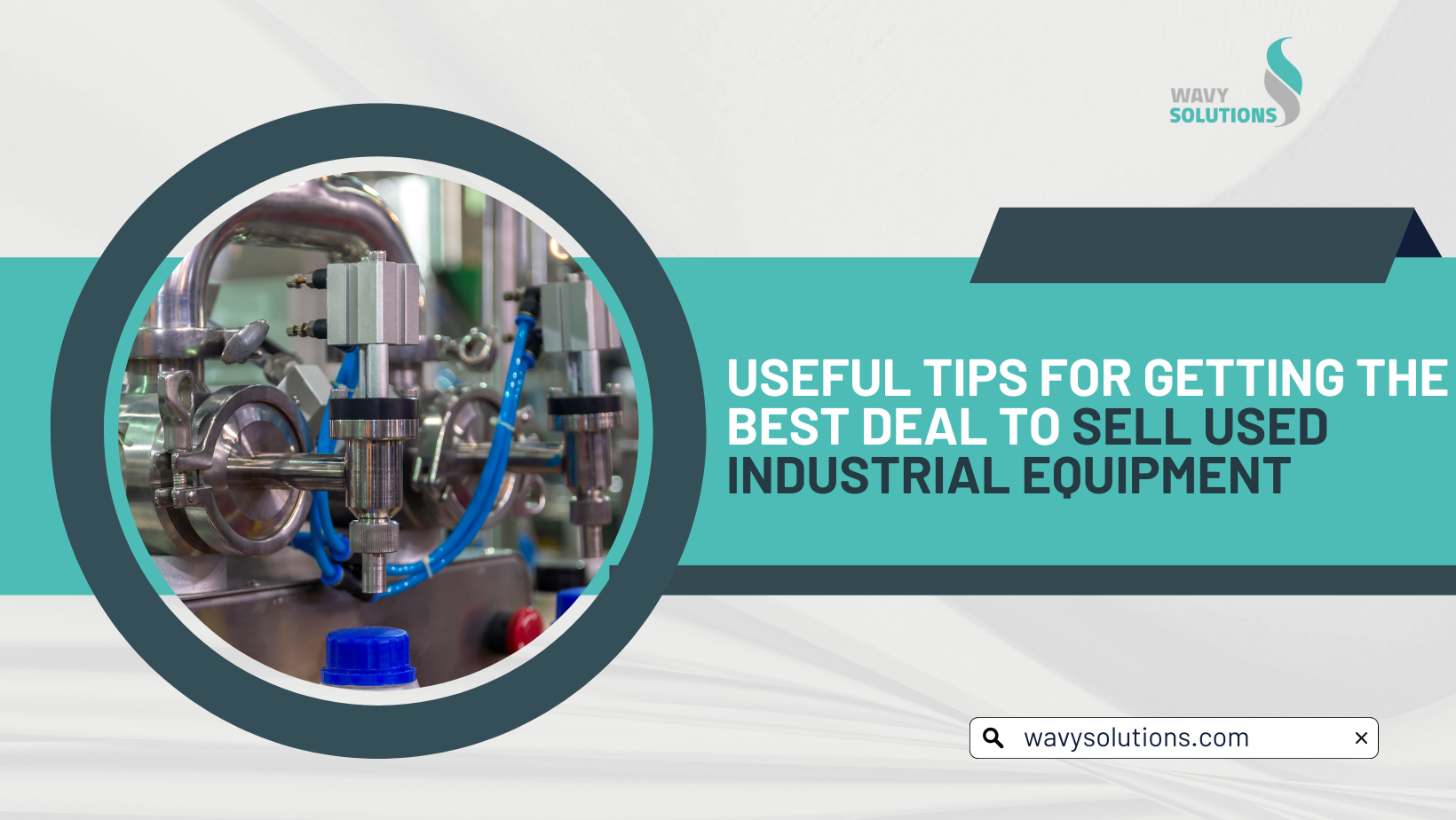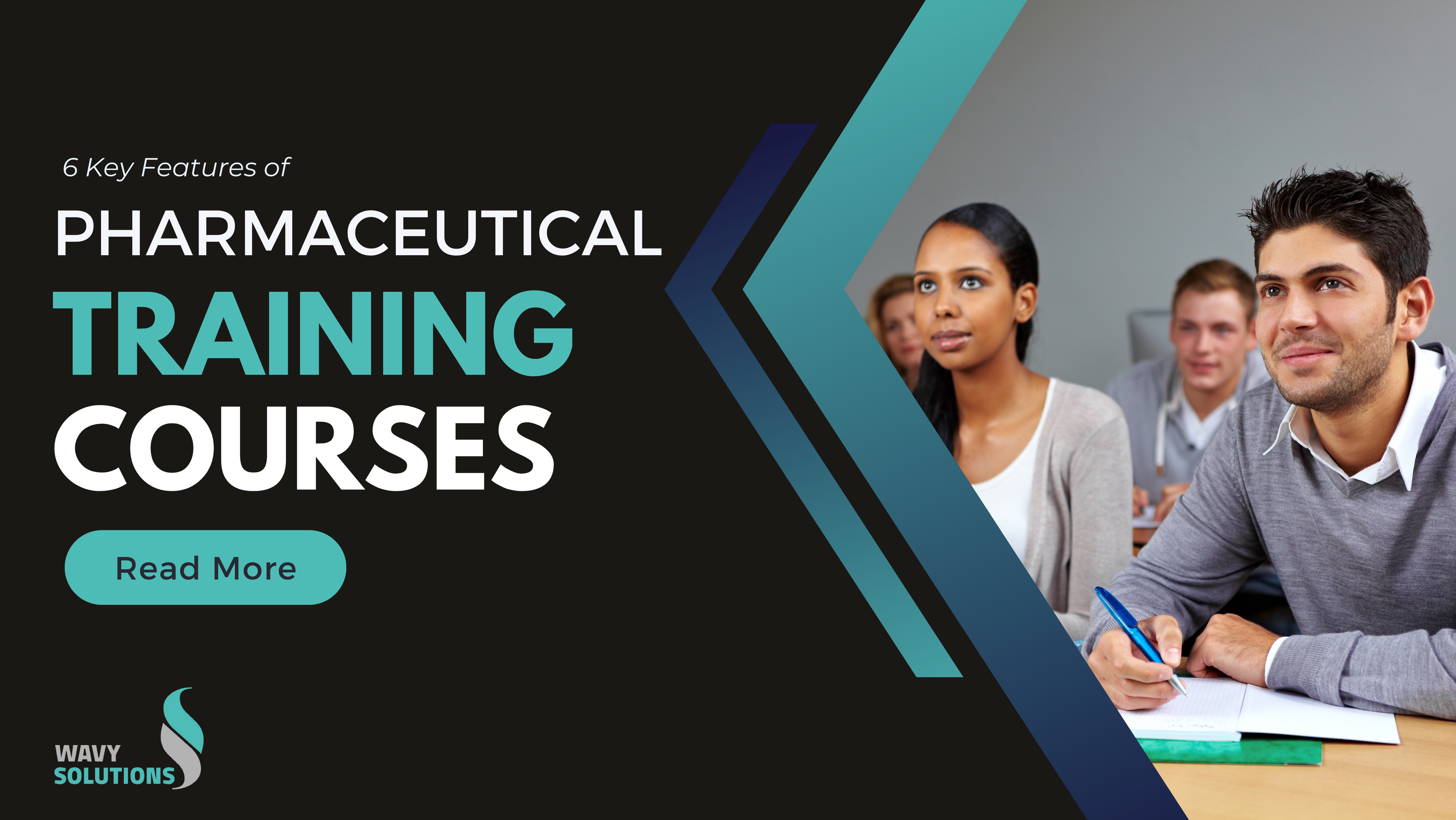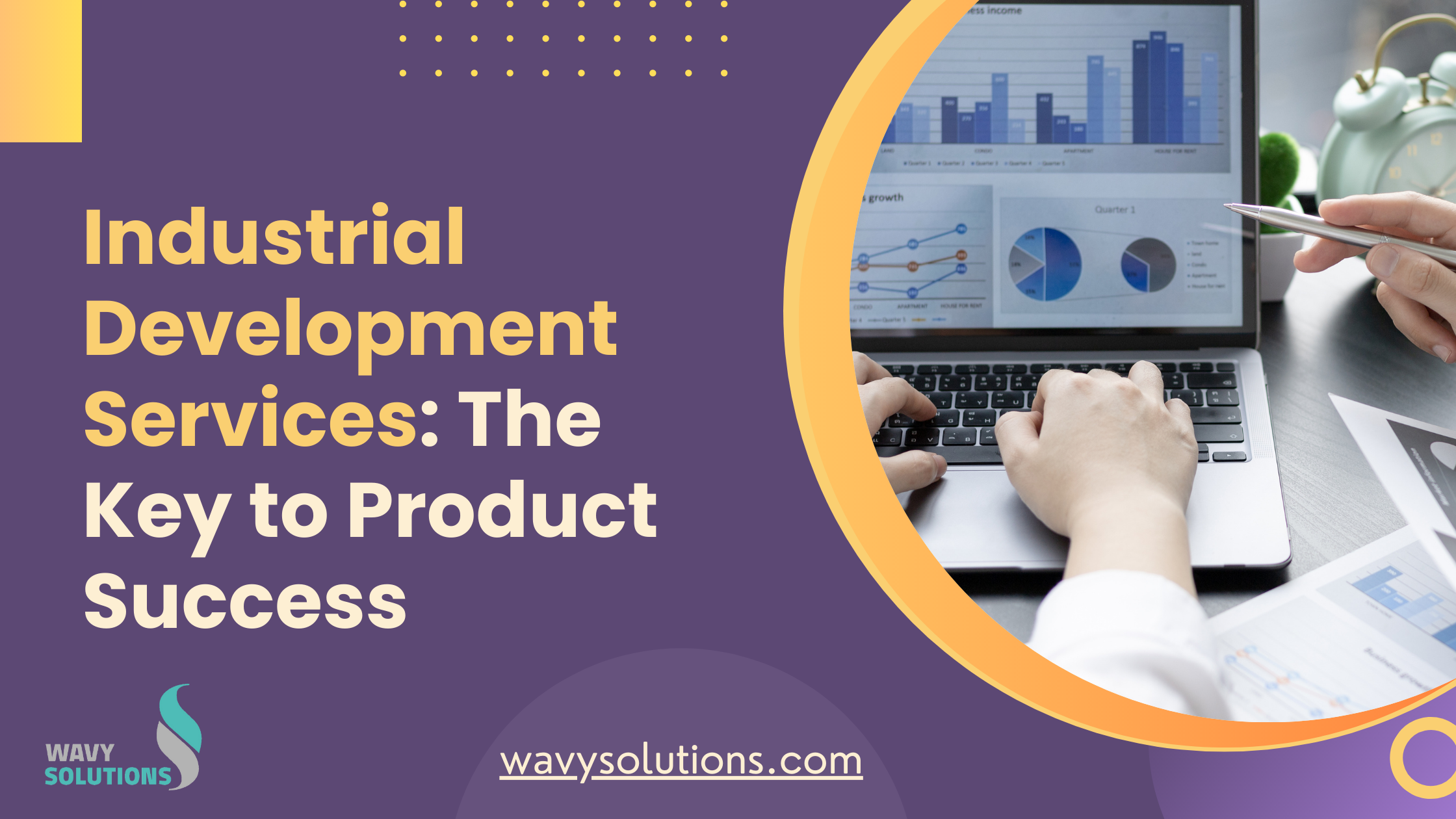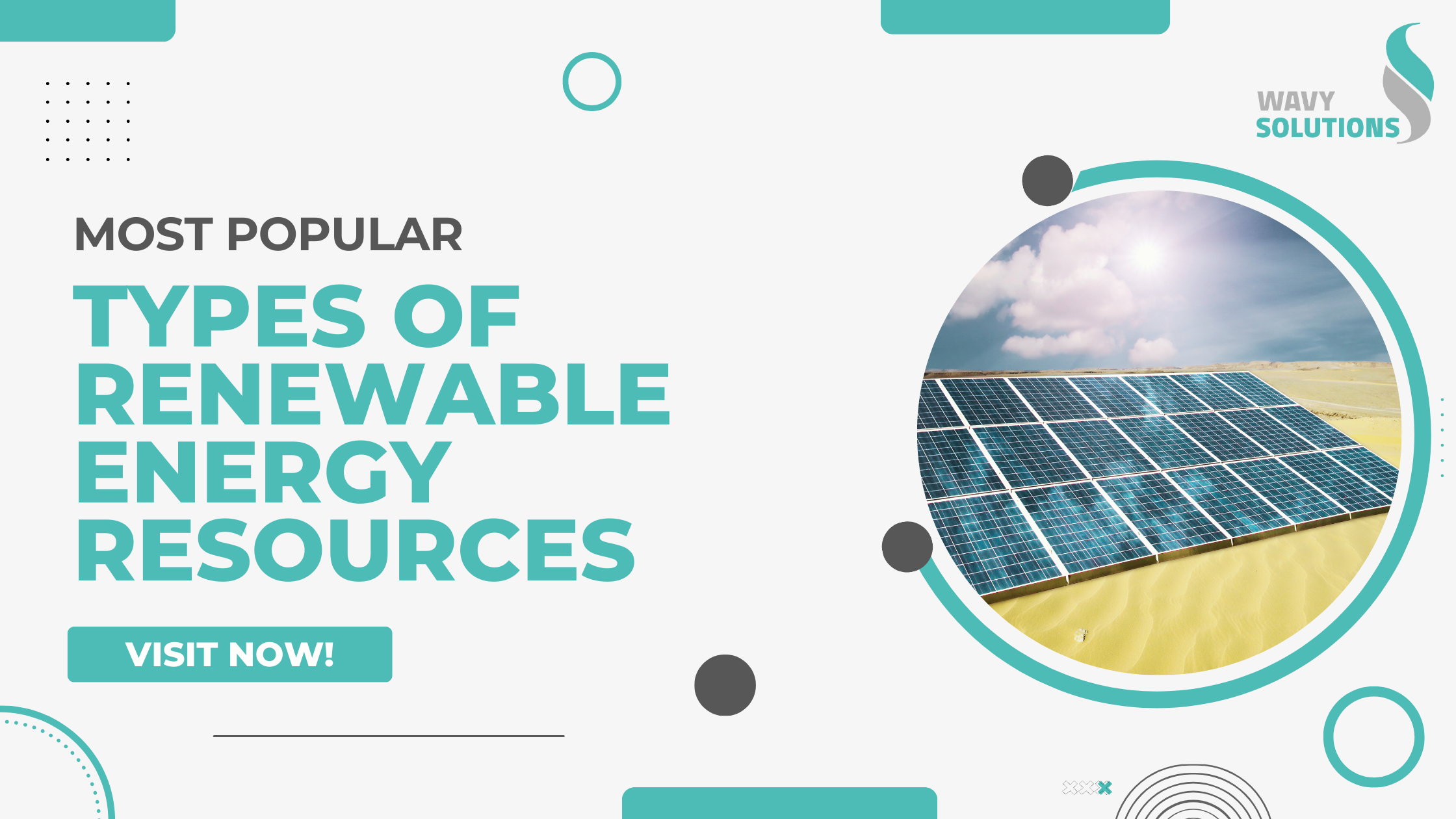Imagine a Japanese company ‘TechBrill’ makes super cool gadgets in Japan and they now think of opening a store in a new country Brazil. Well, they are not sure whether the people of Brazil will like the product. They need to ensure first and hence they go for a feasibility study service. This check will help them peep into the different nuances of business and make them aware of where they need to adjust to the situations to make the gadget go success in Brazil. It is just like planning ensuring everything works well.
The said process is called a feasibility study service for business. This study helps any company to figure out the best strategies that need to be applied to make the project a success. In 1996, Mcdonald’s hire a feasibility study service for figuring out the strategy to establish its business in India after it got a huge success in the USA.
The article will be a goldmine for you if you are looking for the steps and the process involved in conducting a feasibility study for your business. So let us first understand the exact meaning of feasibility study service.
What is a Feasibility Study?
Business leaders need to figure out the project viability before making long-term investments. Thorough research is needed & different things that impact the project are taken into account. The project could be like starting a business, expanding an existing business, or introducing new products. A lot of things need to be considered such as technical stuff, where the money comes from and where should it go, and much more.
Feasibility study service for business is a big deal that includes analysis from someone starting a new business or maybe running a small one. It is a process that shows people how would the business go in both scenarios.
7 Steps Undertaken to Conduct a Feasibility Study for Your Business Idea
Now let us look at the crucial steps that are involved to carry out a feasibility study:
1. Business Idea Analysis
A feasibility study begins with determining and explaining your company concept. This entails comprehending the problem that your company wishes to resolve for its clients. You must determine whether more customers desire your product or service than there are available. You should also determine what makes your company unique.
At this step, you’re determining if your company can, in principle, produce enough money to pay expenditures and turn a profit in the future.
2. Estimation of the Incomes Earned
Consider it like figuring out how extraterrestrial technology works. You start by determining how much money you want to generate from your business in a year. Then you calculate how much money you’ll need to get started or accumulate to make that amount of money. It’s like putting together a fascinating puzzle.
3. Market Research
This stage is critical in your feasibility study for the industrial project because it allows you to make an educated prediction about how much money you could make. It considers who lives there, what other businesses are doing, how much people would want to buy your item, and how unsafe things are. It also determines how much of the market you might grab and if you could expand in the future.
After doing some market research, you should have a good idea of where to start. However, making educated assumptions and studying the market is insufficient to determine if your concept will succeed.
4. Operations and Resources Planning
Now, in this section, you consider all the money you’ll need to operate operations and items you can’t avoid spending money on, such as equipment, workers, and the cost of the location where you’ll set up shop. This allows you to make key decisions, such as how you’ll deliver your sandwiches or which website platform is reliable for your online business.
5. Making Financial Statements
Absolutely! According to a feasibility study, you should construct a balance sheet even before you start your firm. This chart indicates where your company’s money originates from, what you own, and how much it’s worth. It also shows what you owe money for, such as rent or the purchase of land, buildings, and equipment.
6. Review and Analysis
Giving things a reality check is quite useful. Because there are so many unconfirmed estimations and statistics, they may not all agree. For example, your money statement may reveal completely different information about your company than your overall financial picture. Before you start a business, you should ask yourself a few questions, such as: Does this sound realistic? Should I have a backup plan in case something goes wrong? Hence, a feasibility study for an industrial project will give you a fair chance to review, analyze and think about whether to convert your idea into a reality.
7. Final Decision-Making
So, once you’ve completed all the preceding procedures, you must make one final critical decision. They do a few more inspections before making a decision. They consider whether the proposal is truly worth the time, money, and effort. They also ensure that the proposal aligns with what the organization wants to achieve and stands for.
Conclusion
If you have a great company concept and want to convert it into a reality, you should do a feasibility study for industrial service or for that matter any sort of industrial project. Spending money on a firm that fails in any of the methods described would be a huge and costly mistake!
If you currently have a firm and want to expand or add new features, a feasibility study may help you determine whether your plans will work and be profitable.

